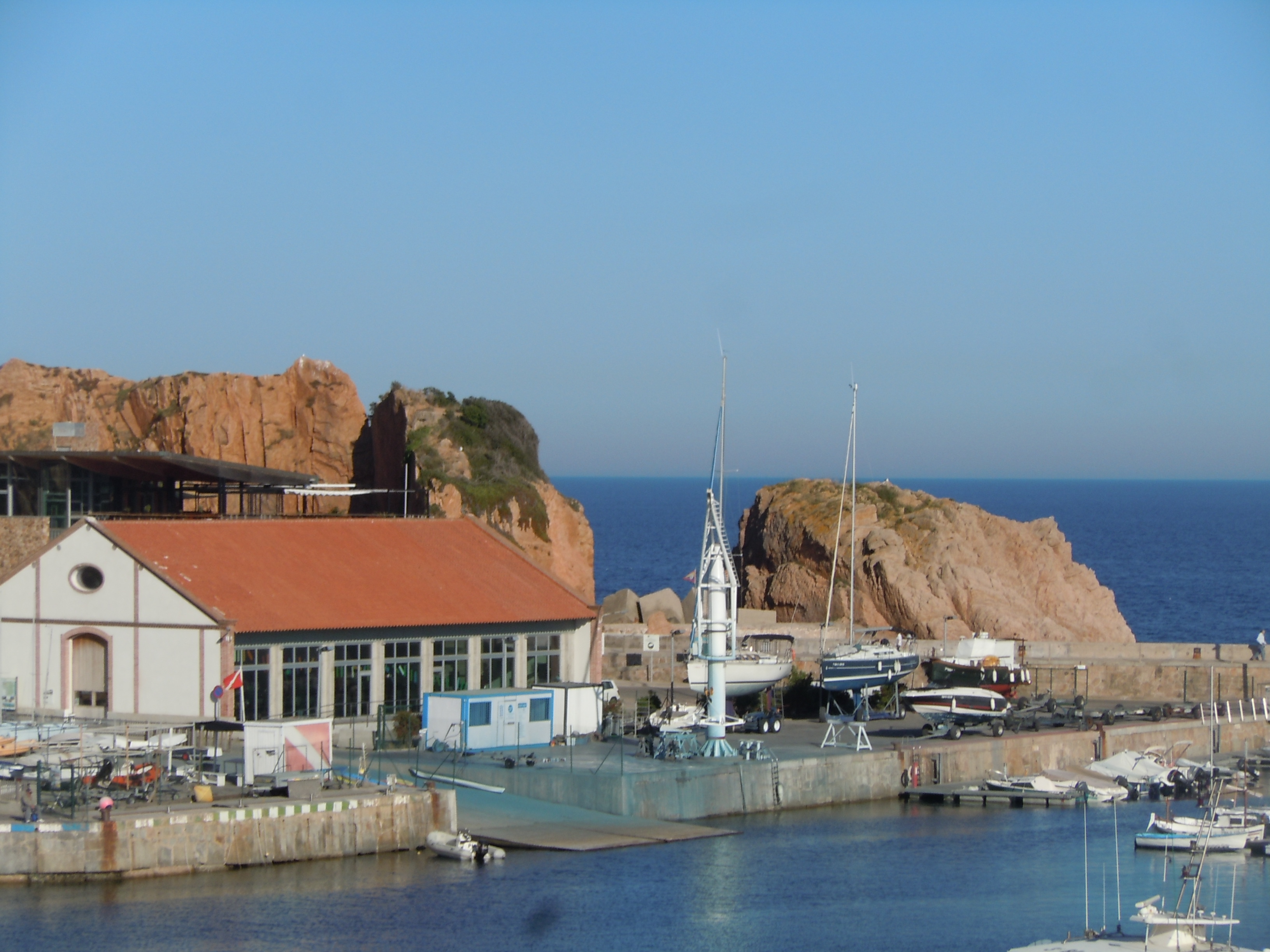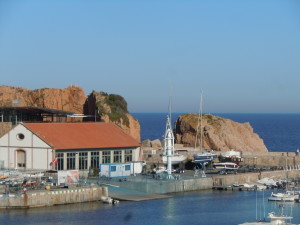I’m up to the part of Naomi Klein?‘s This Changes Everything where she talks about the interconnectedness of geolocalized people’s movements opposing “extreme/reckless resource extraction” (e.g., tar-sands oil, fracked gas and oil, mountaintop removal for coal). She dubs the movement “Blockadia.” She also casts very appropriate darts, just before this section, at the crazy idea that we should avoid climate catastrophe by throwing so much pollution into the sky that the sun can’t get through. Talk about a cure worse than the disease! Hard to believe some scientists are actually serious about this.
She points out that these technologies are far more intrusive and polluting and resource-intensive than the old-style mines and wells—and that the opposition often parses out as saving our water from destruction, modeling around the Precautionary Principle of not unleashing technologies we can’t control, and using the positive framing of protecting our water (very similar to the way I framed Save the Mountain 15 years ago—the successful movement to keep a nasty housing development off the Mount Holyoke Range in my town of Hadley, Massachusetts, US). I have said for many years that we have plenty of substitutes for oil, but if the water is gone (or unusable), so are we.
Like everything I’ve ever read by Klein, the book is impeccably researched—including interviewing primary sources directly and even suffering through climate-denier conferences and similar events in person; pursuit of the truth can be painful, sometimes.
And she isn’t afraid to go after the movement’s sacred cows. She scolds some very prominent environmental groups including The Nature Conservancy for betraying their core mission in the service of their large extraction-industry funders—even putting an oil well into one of its nature preserves, where the bird it was set up to protect can no longer be found. And she finds Sir Richard Branson’s proclamations of concern for the planet to be at odds with his actions. (I’m hoping she’s wrong about him. Even if she turns out to be right—and she might well be—he has certainly used his considerable charisma to educate the public on climate change.)
Environmentalists need to take these accusations very seriously. We need to know who we fund, and what they do with the money. And we definitely need to build the movement that insists upon meaningful action to stave off catastrophic climate change—which would have been much easier 20 or 30 years ago, but, I believe, is still possible now.
However, I break with Klein over solutions. She has essentially no faith in the business community or in technology, and she seems to think that any time an environmental group partners with a polluter, that group is sullied. Maybe I’m less of a purist than she is. But I’ve just finished another wonderful book, The Necessary Revolution, by Peter Senge et al. Reading the two together was very interesting, because Senge’s book is full of great examples of NGOs and corporations working together to tackle problems in a very meaningful way, while Klein’s is the counterpoint of these partnerships leading to a failure to address the deeper issues.
I also read almost daily reports in the sustainability press (GreenBiz, Sustainable Brands, Triple Pundit, 3BL Media, Rocky Mountain Institute’s Solutions Journal, and Guardian Sustainable Business, to name a few) of the amazing small-scale, eco-friendly technology innovations that give me hope. And I’m painfully aware that we knew all the way back in 1983-84 how to build a beautiful, modern, net-zero-energy home even in extreme environments, and that our failure to make this the norm is inexcusable.
Technology doesn’t have to be about extreme extraction, GMOs designed to absorb more pesticides, nuclear power, or blocking the sun. Science and engineering can actually be the climate movement’s friends. Unlike the crazy unproven schemes requiring billions or trillions of dollars and dozens of years to ramp up, these innovations often combine deep conservation, greater efficiency in harnessing clean renewable energy, and even the fascinating science of biomimcry to slash energy use, carbon footprint, and waste—right now.









